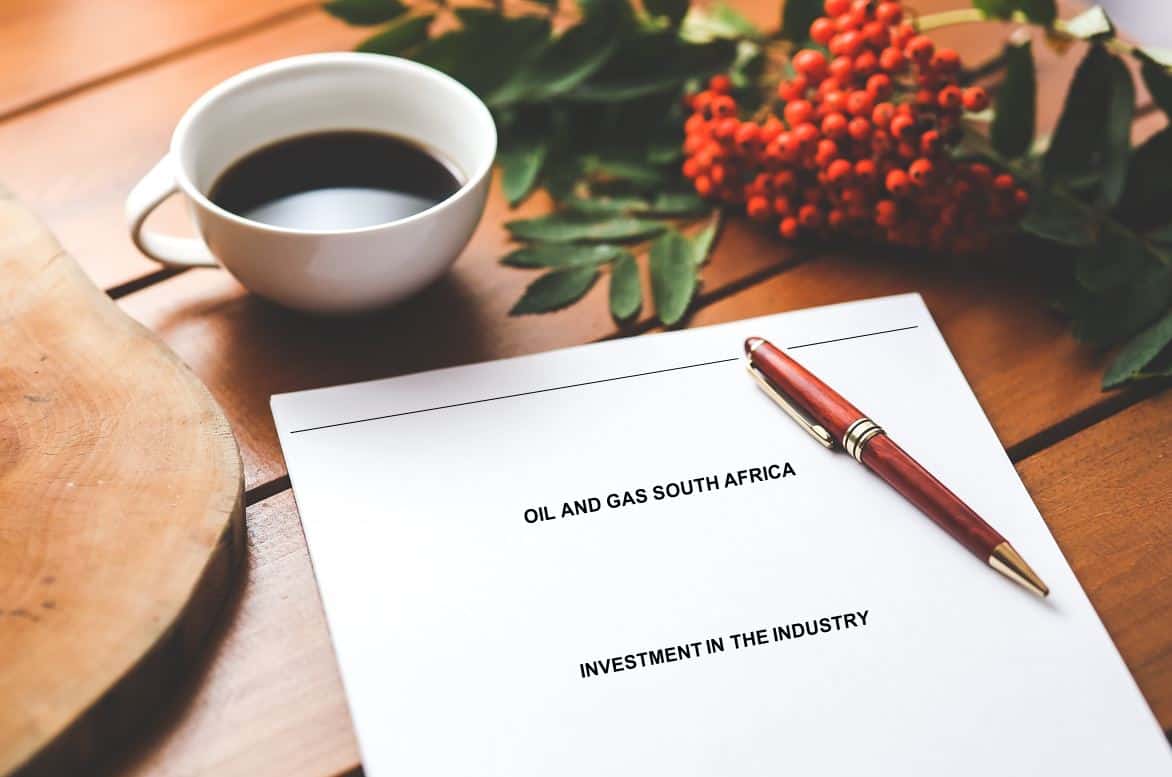
I have recently been assisting a South African mining company with its business, corporate contracts and, in particular, documentation related to its capital raise. In general terms, this particular mining project has low operational risk factors, the mining area is within the top five mining areas in the world, there is a phenomenal operational team and the projected investment returns are considered more than acceptable for any venture capitalist funder. Under normal market conditions one would call this capital raise, which is less than ZAR50 million, a “slam dunk”.
So why is raising capital for South African mining projects at present so challenging? In short, the mining operation is in the Republic of South Africa. Political instability, labour unrests, state capture, corruption, potential expropriation without compensation, investment down-grades and long term devaluation of the South African Rand over the last few years are such significant factors that for potential investors these factors simply cannot be ignored neither can they be controlled notwithstanding all of the other potentially positive attributes of mining in South Africa.
It is common cause that the holders of capital within South Africa are seeking investment opportunities abroad for capital value retention and foreign and local investors alike fear further depreciation of the South African Rand as a consequence of aforementioned risk factors. Factors influencing foreign exchange and currency devaluation are extremely difficult to quantify and currency hedging strategies are extremely expensive and not always practicable. In short and simplistic terms, the aforesaid issues and risks mean that South African projects that require significant capital are additionally burdened when trying to attract international (or local) capital and consequently South African companies need to achieve greater returns to balance the aforementioned risks and meet investment capital hurdle rates.
For the oil and gas industry that requires significantly greater and long term capital investment the risks are too great for South African capital market as most oil and gas expenditures are denominated in US$. Furthermore, South African investors who are able to afford such large capital investments would rather invest outside of South Africa. In case of foreign capital, investment in the South African oil and gas industry these risks, in most instances, are simply too great when other more attractive oil and gas destinations are more readily accessible with more manageable forex risk exposure.
It is therefore necessary that South African leaders in all spheres of politics understand that having a country with an abundance of natural resources is simply not enough. Without a stable currency and a without a coherent strategy that manages the factors that influences currency fluctuations, whether they be political, socio-political, sovereign debt and liquidity, attracting and retaining capital within South Africa will for the foreseeable future most certainly be challenging for the establishment and running of businesses in the resources sector, but in particular the oil and gas sector, where the stakes are much higher in terms of risk reward.
The aforesaid are issues that must be addressed urgently to meet the demands of mining and extractive resource industries seeking to raise capital and monetise South Africa’s abundance of natural resources.
For further information, please do not hesitate to contact us.
Barrisford Petersen
barrisford@bbplaw.attorney
Managing Director

Recent Comments